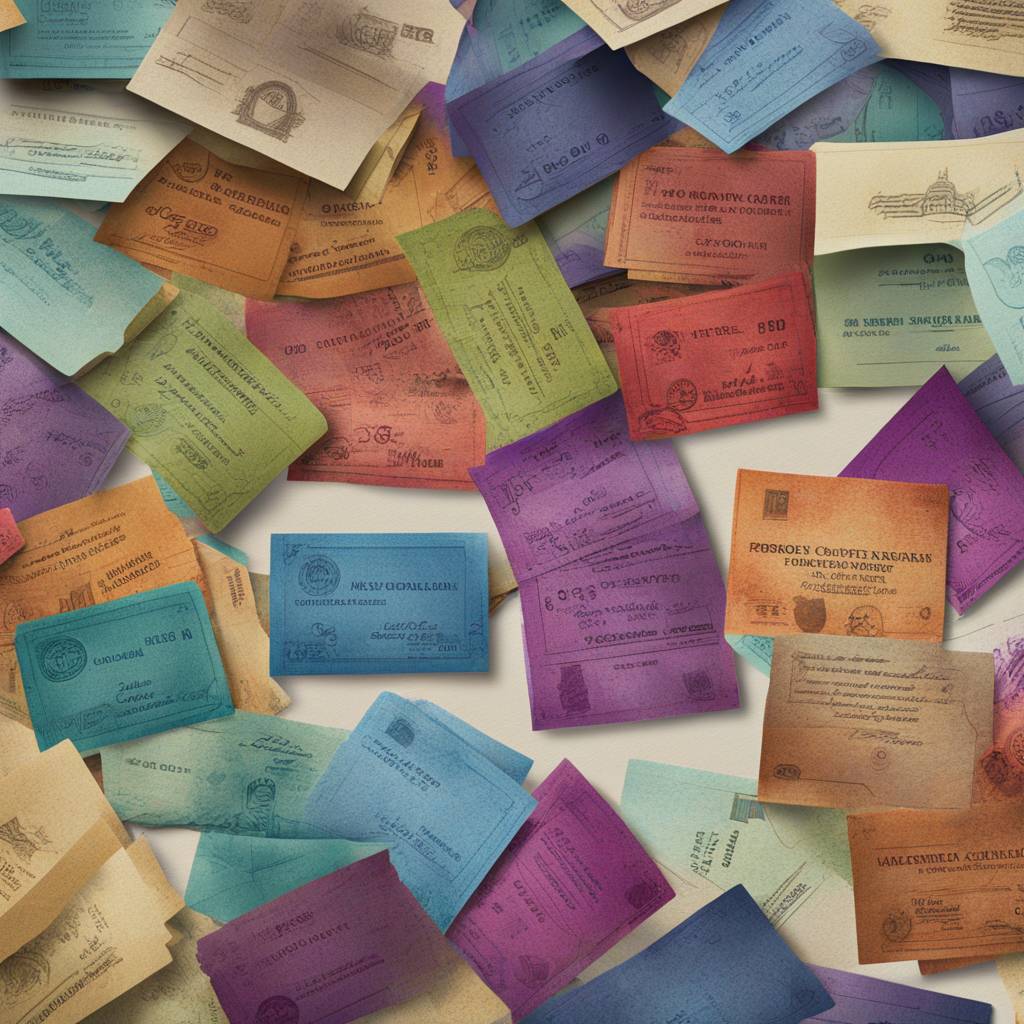A recent spike in applications to North Carolina’s school voucher program has led to a situation where most higher-income families will not receive financial assistance for the upcoming school year. The General Assembly removed income caps on the program, but due to a six-fold increase in new applicants, there is not enough money to accommodate all of them. Over 72,000 new applicants are seeking subsidies to send their children to private K-12 schools through the Opportunity Scholarship program. Additionally, lawmakers in 2023 opened first-time grants to current private school students. State law mandates that scholarships must first be offered to existing voucher holders, followed by the lowest-income applicants, and then families earning up to twice that amount.
More than 32,500 students received scholarships this year, and over 13,500 applicants from the lowest-income tier were awarded the maximum amount of $7,468 per child. Applicants must decide whether or not to accept the award by April 19. However, there is no funding available for higher income groups, such as families making over $115,440 annually. Lawmakers allocated $293.5 million for the program for the 2024-25 school year, with the current state budget indicating a plan to transfer more public money to scholarship funds over the next decade, potentially reaching over $500 million annually by 2031.
The North Carolina General Assembly may still choose to increase next year’s voucher funding to assist more students, with the budget-adjustment session set to begin on April 24. Democratic Governor Roy Cooper, a longtime critic of the program, has called for a moratorium on its expansion until public schools are fully funded. Republicans hold narrow veto-proof majorities in the House and Senate, creating a potentially contentious situation moving forward. The authority overseeing the distribution of scholarships has indicated that only some applicants in the next tier, eligible for $6,722 per child, will receive scholarships, depending on how many applicants from the lowest income bracket accept their offers.
With a significant increase in applications to North Carolina’s school voucher program, there is a lack of funding to accommodate all new applicants, leaving many higher-income families without financial assistance for the upcoming school year. Despite the removal of income caps on the program, only existing voucher holders, followed by the lowest-income applicants, are currently receiving scholarships. The state budget allocates $293.5 million for the program for the 2024-25 school year, with potential plans to transfer more public money to scholarship funds in the coming decade. Governor Cooper has called for a moratorium on expanding the program until public schools are fully funded, creating a potential point of contention with the Republican-held General Assembly.













